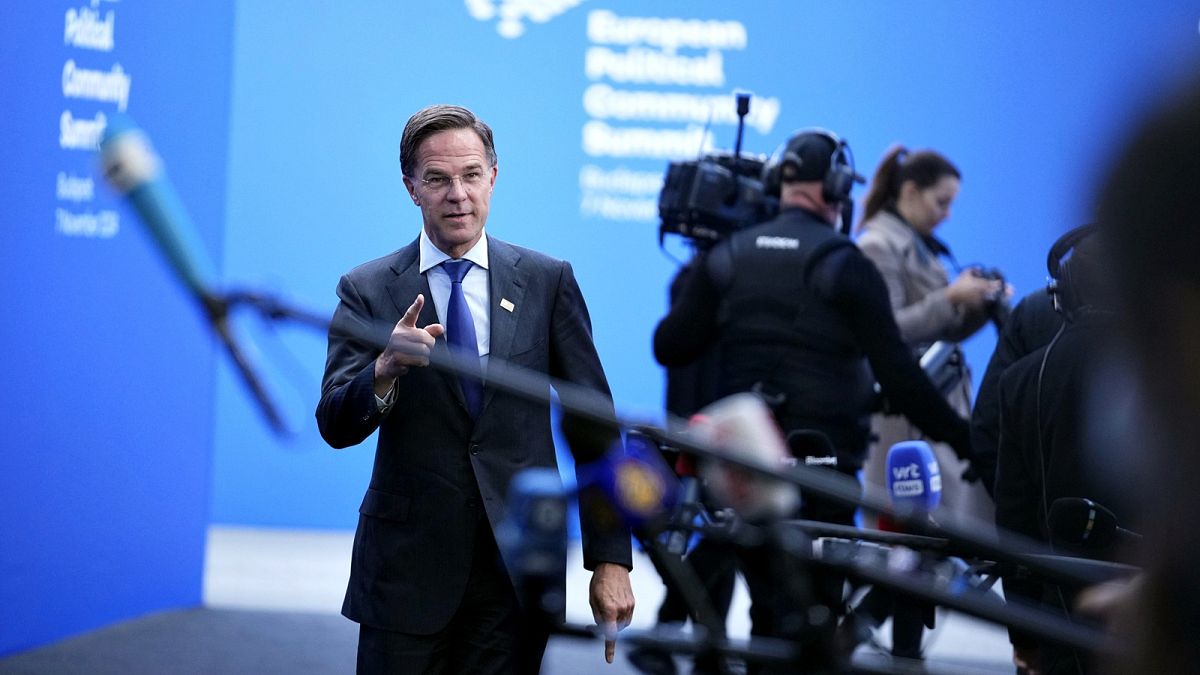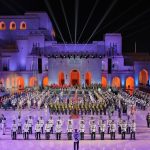NATO Secretary-General Mark Rutte recently highlighted the importance of Donald Trump engaging with the alliance in light of the ongoing conflict in Ukraine. Rutte emphasized that the involvement of North Korean troops supporting Russia’s aggression poses a significant threat not only to Europe but also to the United States and the entire Indo-Pacific region. Concerns have been raised that Trump’s re-election could potentially leave Ukraine vulnerable to Russian influence and undermine NATO’s collective defense guarantees.
Rutte expressed hope for establishing a positive working relationship with Trump, who will assume the presidency on January 20. The Secretary-General stressed that recent developments in the Ukraine war should serve as a wake-up call for Washington to take an active interest in the situation. The deployment of North Korean soldiers to the Kursk region of Russia, where Ukraine is partially occupying, has raised alarms within the Pentagon and put Western nations on high alert.
The transfer of military forces between Russia and North Korea is concerning, with Rutte indicating that Russia may be exchanging technology with North Korea in exchange for support in the conflict with Ukraine. Rutte also mentioned the involvement of China and Iran in Russia’s invasion plans, further underscoring the need for collective action. He emphasized the importance of increased defense spending within the European part of NATO to enhance capabilities in response to these emerging threats.
While many NATO members have begun meeting the goal of spending at least 2% of their GDP on defense, Rutte suggested that leaders may need to consider setting a higher target in the face of evolving security challenges. Reflecting on his past interactions with Trump as Dutch Prime Minister, Rutte expressed confidence in his ability to work effectively with the incoming U.S. President based on their previous collaboration. He highlighted Trump’s clarity in decision-making and willingness to engage constructively with others to reach common goals.
European leaders attending a high-profile meeting in Budapest shared varying perspectives on Trump’s re-election and its implications for European security. Albanian Prime Minister Edi Rama saw potential benefits in increased military spending under Trump’s leadership, while Belgian Prime Minister Alexander De Croo emphasized the importance of Europe being able to ensure its own security independently. Finnish official Petteri Orpo stressed the necessity of continued support for Ukraine amid ongoing conflict, regardless of the U.S. political landscape.
As the situation in Ukraine continues to unfold and geopolitical tensions rise, NATO Secretary-General Mark Rutte’s call for closer engagement with the alliance and increased defense spending reflects the urgency of addressing current security threats. By working together and enhancing capabilities, NATO members can better respond to challenges posed by Russia’s aggression, potential partnerships with North Korea, and the broader implications for European and global security. The upcoming transition of power in the United States presents an opportunity for renewed collaboration and strengthened collective defense within the alliance.











